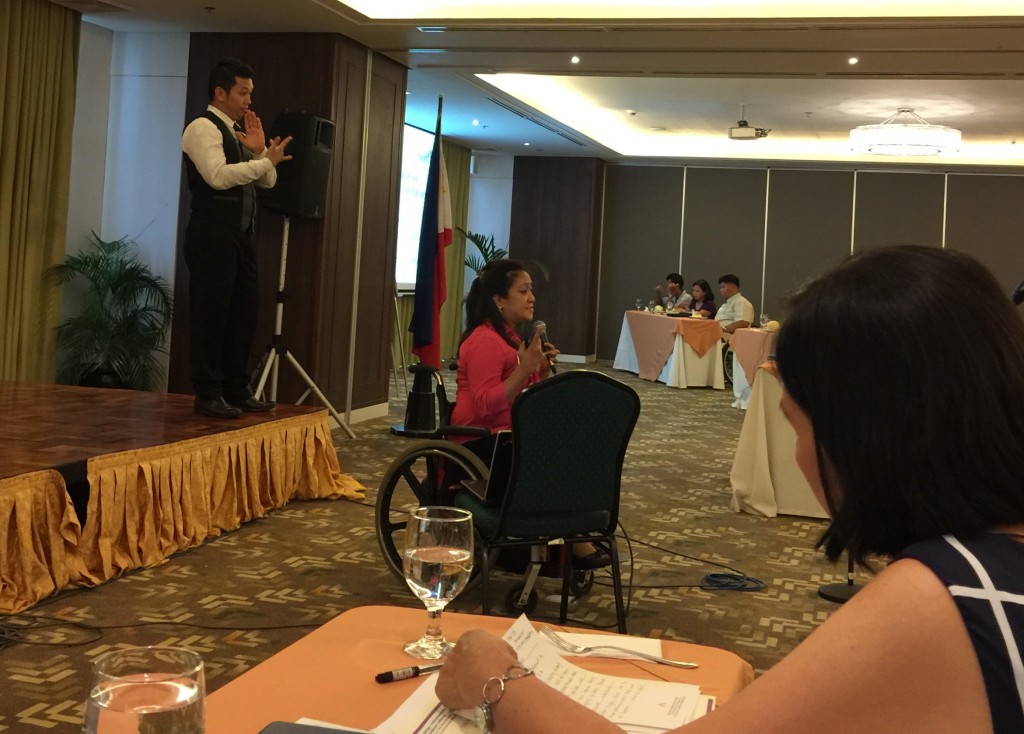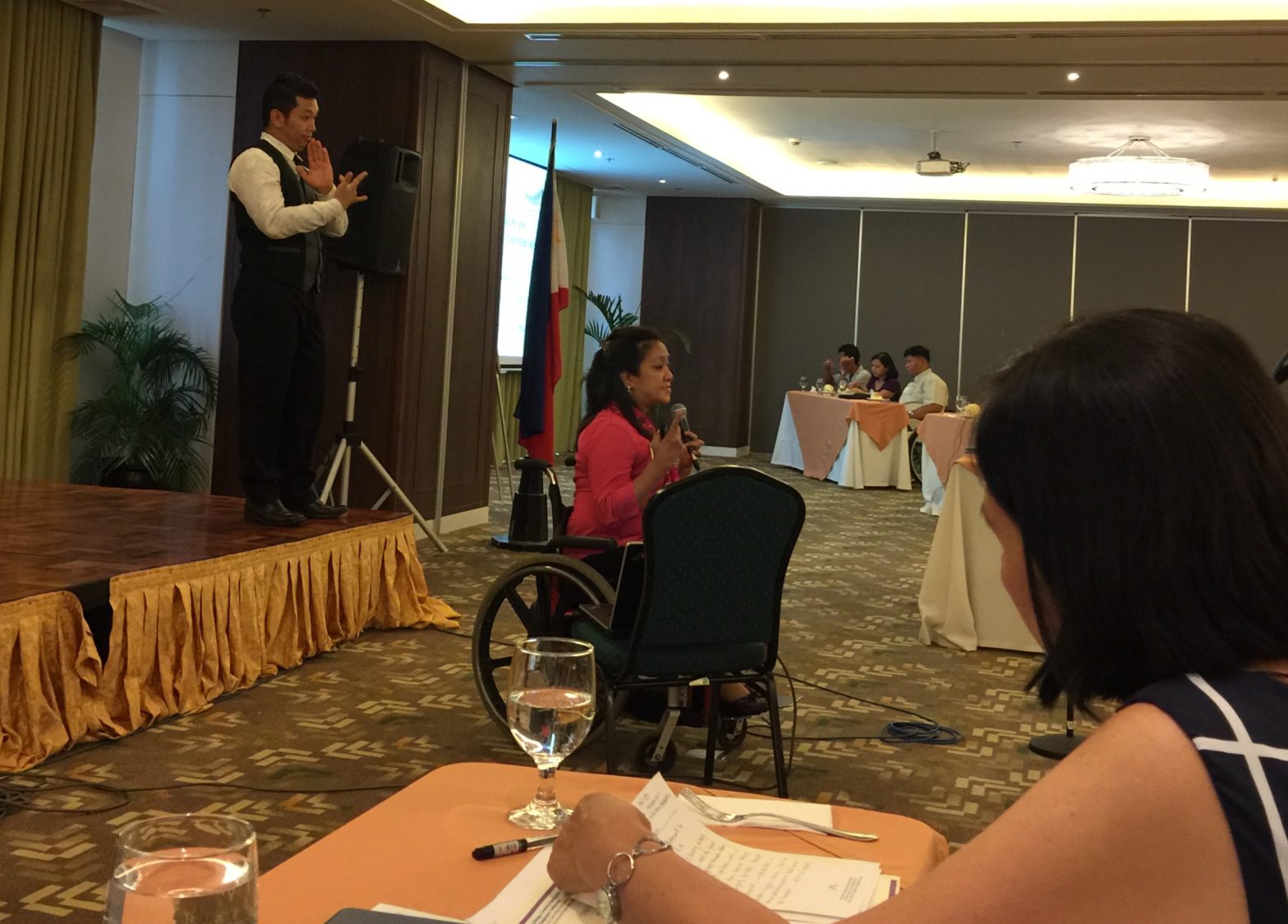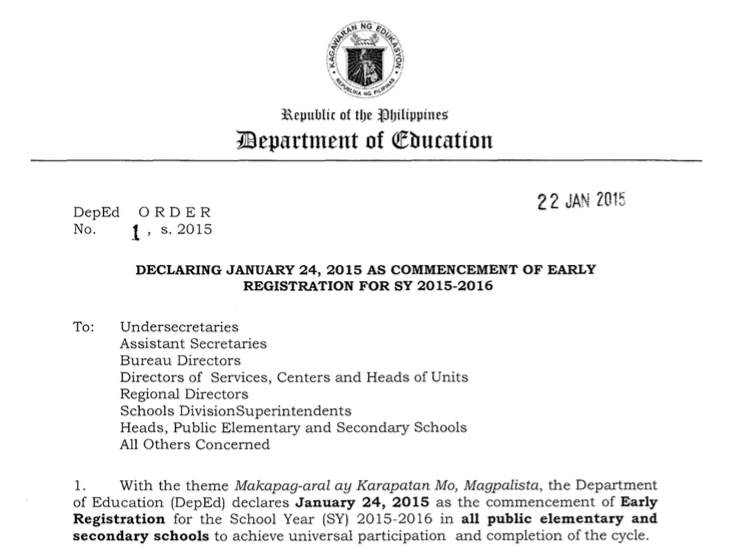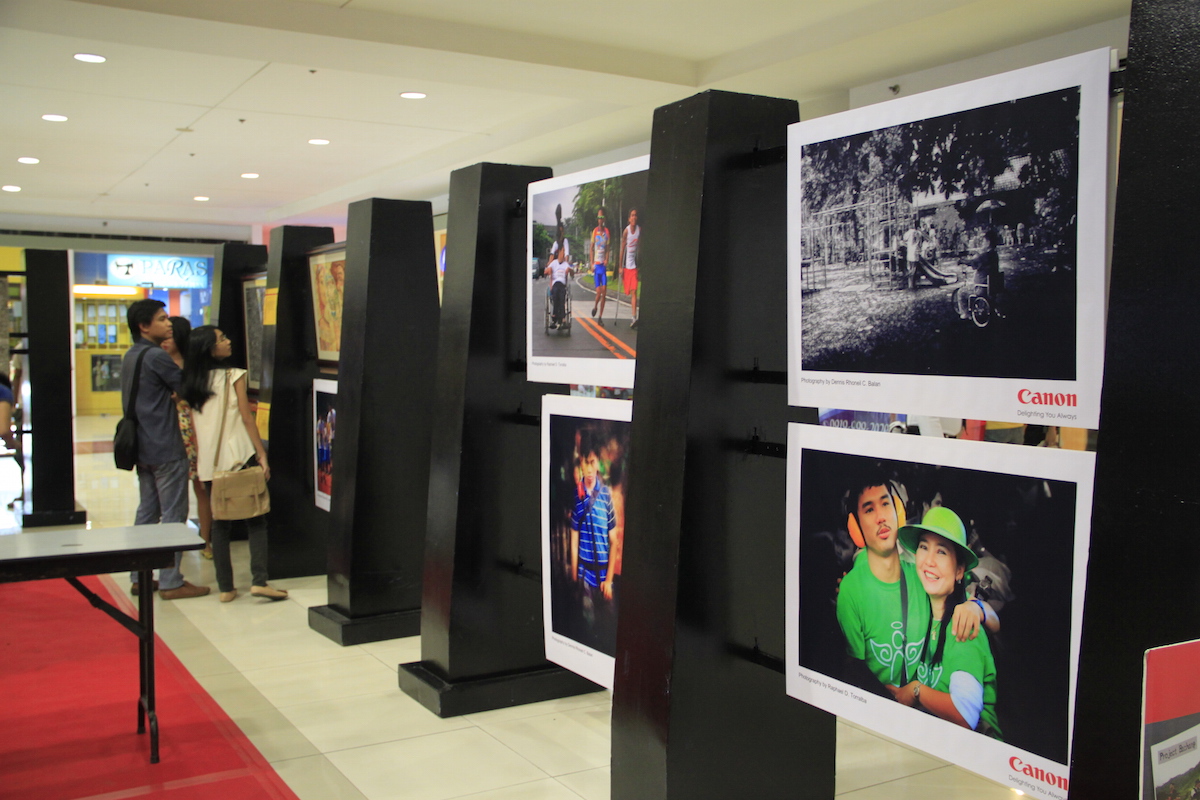By JAKE SORIANO
THE head of the country’s disability council has this to say to companies that hire PWDs as part of their corporate social responsibility (CSR) programs: “We don’t want that.”
“No. It should not be part of your CSR program. It should be a part of your recruitment policy,” declared Carmen Zubiaga, acting executive director of the National Council on Disability Affairs (NCDA).

Zubiaga made the statement on Wednesday, during an employers’ conference that gathered PWD leaders and advocates, representatives from government agencies, and various private companies.
CSR programs make PWDs beneficiaries instead of part of the work environment, the NCDA head pointed out.
“We want that you hire a person with disability because it’s a part…of your company policy,” she said. “You hire them because they are qualified, and not because they are a person with disability for your corporate image.”
The employers’ conference, organized by the De La Salle-College of Saint Benilde (DLS-CSB) School of Deaf Education and Applied Studies (SDEAS) and the nonprofit Resources for the Blind (RBI), aims to help create better employment opportunities for PWDs.
Advocates have long been bemoaning the lack of job options for the sector, which is among the most vulnerable in society.
“CSR is not a stable program. It can change. It can vary,” said Zubiaga, adding that in the long term, it would not be beneficial for PWDs.
“After the program, what?”
Joy Cevallos-Garcia of Tahanang Walang Hagdanan, a rehabilitation and skills training center for persons with orthopedic disabilities, agreed with Zubiaga’s sentiment.
“We don’t want charity. We don’t want pity. We want to prove that you can be profitable even if you hire persons with disabilities,” she said.
She also noted that the number of PWDs is increasing because of work-related incidents.
“As an employer, you should be able to do something about this one,” she said. A return-to-work policy for an employee who was disabled while at work should be adopted, Cevallos-Garcia added.
In encouraging companies to hire PWDs, Ana Arce of SDEAS, discussed her research on “PWD gain,” an expansion of a recent approach to deafness called “deaf gain.”
Explained Arce, who is herself deaf, in this approach one is seen as “gaining” deafness instead of “losing” hearing.
When applied to the workplace, being deaf or having a disability in general is seen as having their distinct advantages, said Arce.
Deaf people, for example, can communicate in long distances or even through barriers like glass walls, and are not distracted by noise at work.
PWD sector representative to the National Anti-Poverty Commission (NAPC) Emer Rojas identified some of the challenges that persist in PWD employment.
These include communication barriers, accessibility of work places and facilities like restrooms, inadequate skills among PWD job applicants, and lack of sensitivity.
Rojas said the sector is now anchoring its hopes for sustainable economic development on Executive Order (EO) 417, or the Economic Independence Program for PWDs, whose implementing rules and regulations were signed in March this year.
EO 417, among others, mandates that government bodies procure 10 percent of their required goods and services from PWD cooperatives and organizations. (See Seize economic opportunities provided by law, PWDs told)
Also during the employers’ conference, PWDs who have been successfully employed shared their experiences.
Among them is Irene Santiago Matias, who has low vision and now works for Genashtim, a company that specializes in online support services and where employees can work from home.
Before landing her current job, Matias said she had been looking for a stable work for seven years.
“It was really an ordeal,” she said.
Her experience is shared by many PWDs.
A 2013 study by the Philippine Institute for Development Studies (PIDS) noted that despite favorable institutional and legal environment for the sector, the quality of employment still needs improvement.
Some of the findings of the PIDS study are that roughly half of the working PWDs it surveyed are underemployed; that the majority of employed respondents are considered vulnerable workers, i.e. self-employed or unpaid family workers; and that some who are wage workers are informally employed, are temporary workers or are hired on a seasonal or daily basis.
Private companies who sent represented to the employers’ conference include McCann Worldgroup Philippines, ANZ, Shell Business Operations and Accenture.
Jacqueline Lucero of Bid Ocean, a company that has experience hiring PWDs, said that they had to scratch out a lot of standard procedures to accommodate more PWDs, particularly deaf applicants.
While admitting it tested both her patience and that of her PWD hires, Lucero said she ultimately found the experience rewarding.




